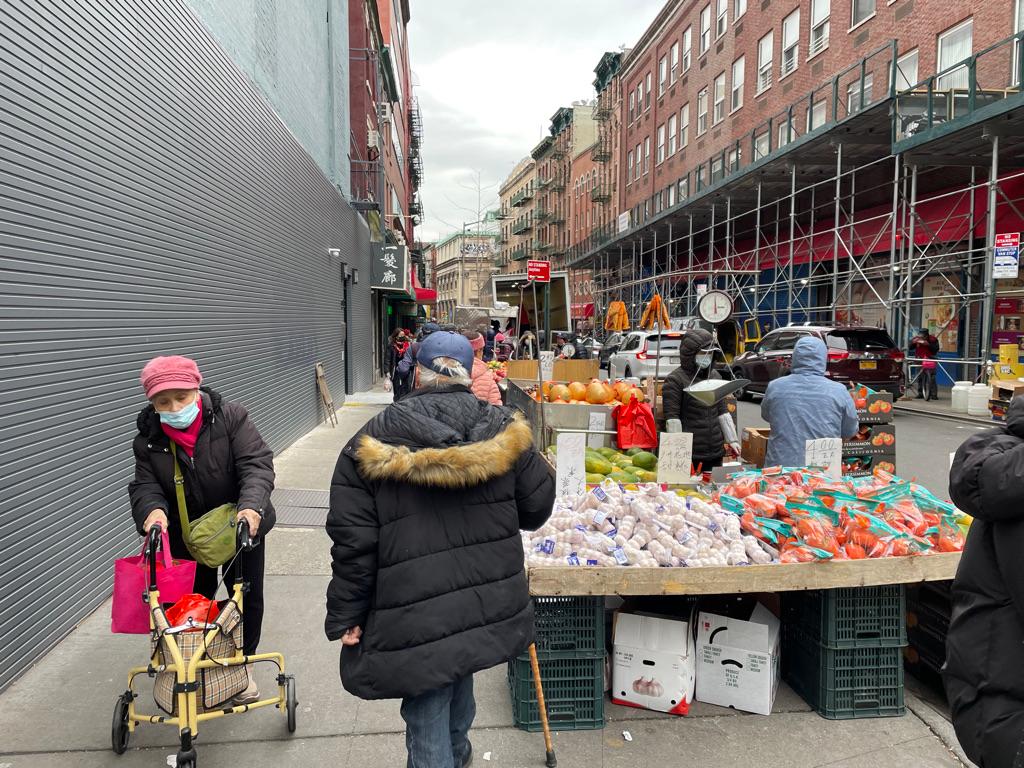New York City’s older Chinese American population faces increasing housing challenges, poverty
At the Open Door Senior Center in New York City, lunchtime is always busy.
The center serves a hot, Chinese meal daily for hundreds of Chinese-speaking, older adults, many of whom have a hard time affording food, medicine and other necessities. Especially on top of rent.
Wayne Ho, CEO of the Chinese-American Planning Council, a social services organization that runs the center, said that for many of those who come here, lunch is their only hot meal of the day.
“We give them so much food, they take half of it home,” he said, adding that the center also cooks more than 100 meals each day for older people who are homebound.
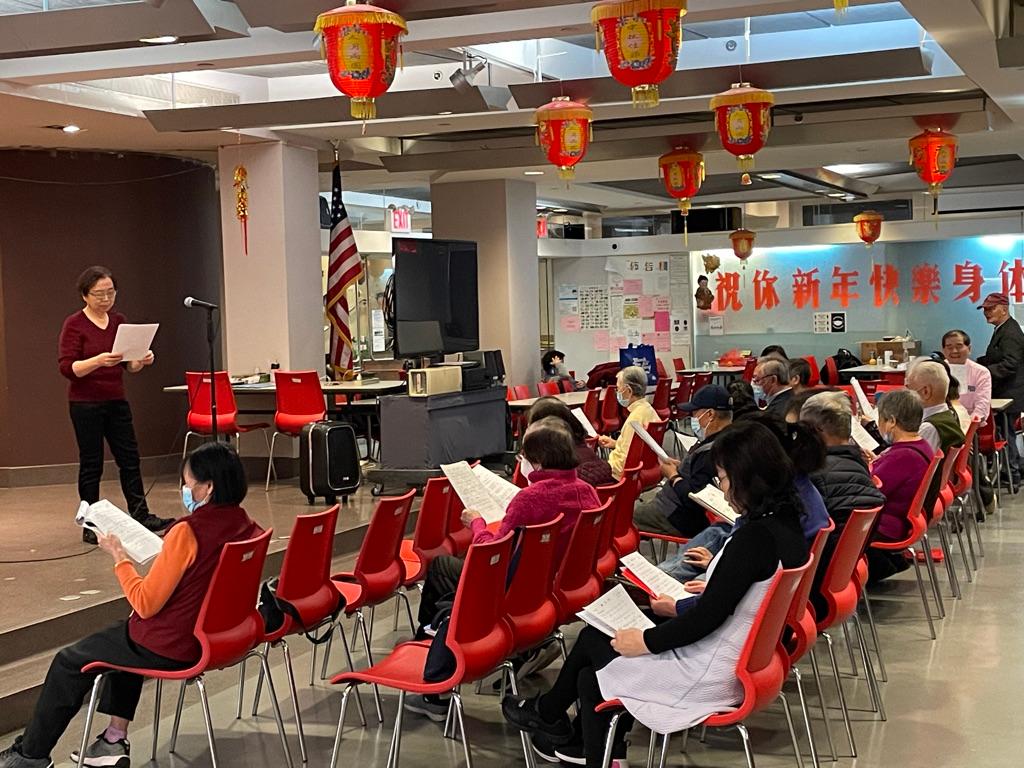
In recent years, places like the Open Door Senior Center have become especially important to the city’s Chinese American community for everything from meals to housing assistance. The Chinese have the largest population of older people — compared to other local, Asian American groups — and it’s growing. Half of that population is low-income, and finding affordable housing has become increasingly difficult.
“Most seniors, their incomes are flat,” he said. “So, anytime you have rent increases — whether it’s 1% percent, 2% or 3% — it really impacts the seniors’ well-being.”
Ho described Chinatown as gentrifying in recent years, squeezing elders’ budgets.
This can be seen anecdotally on the street: Next door to a dingy, five-story tenement building, which Ho said houses several seniors, a number of old buildings have recently gotten a facelift, and there are new, glass-walled buildings on some neighboring streets.
Many retired people who live here held low-paying jobs, and the vast majority speak little, if any, English, he said. They rely on organizations like Ho’s to help them navigate government benefits and applications for housing.
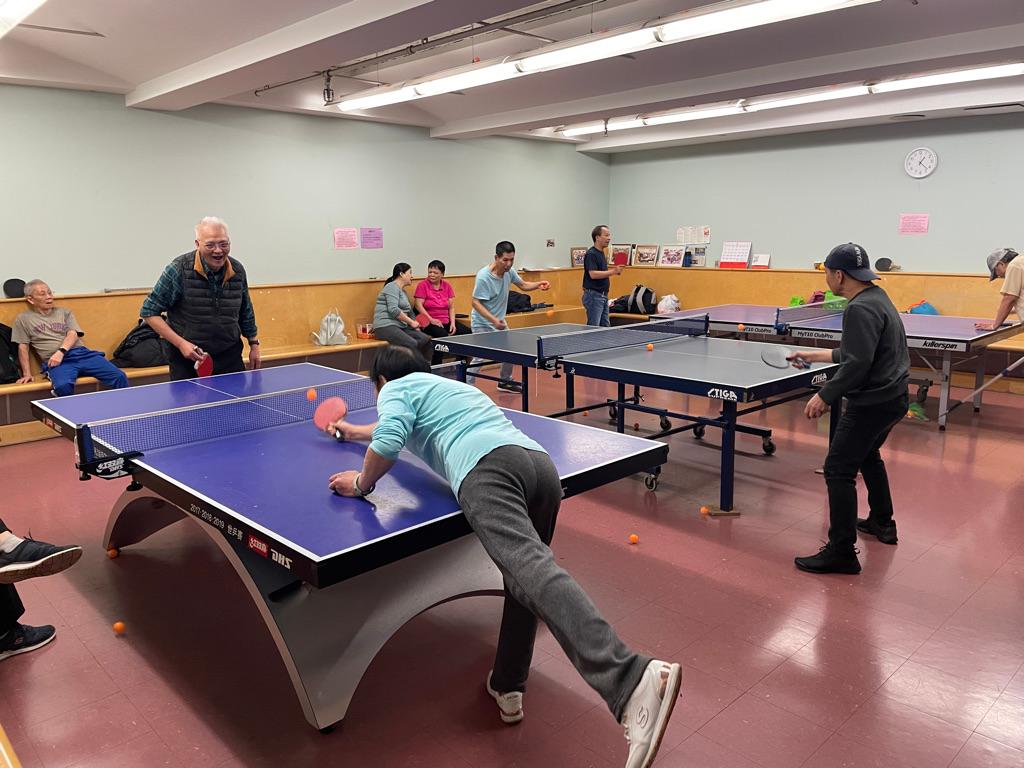
Ho said there is some affordable housing for seniors in the area, but the waitlists are so long, most buildings have closed them. Last year, his organization opened a new, affordable housing building for older adults nearby — with 110 units — only to be inundated with applications.
“For the housing lottery that the city ran, 32,500 seniors applied for it — for 110 units,” Ho said.
Chinatown is the traditional hub for the Chinese in New York City, but it’s not the only one. Another center of Chinese life is in Flushing, Queens.
Peter Cheng is the director of the Nan Shan senior center.
He said that many of the center’s members live in overcrowded conditions with people they don’t know to afford rent.
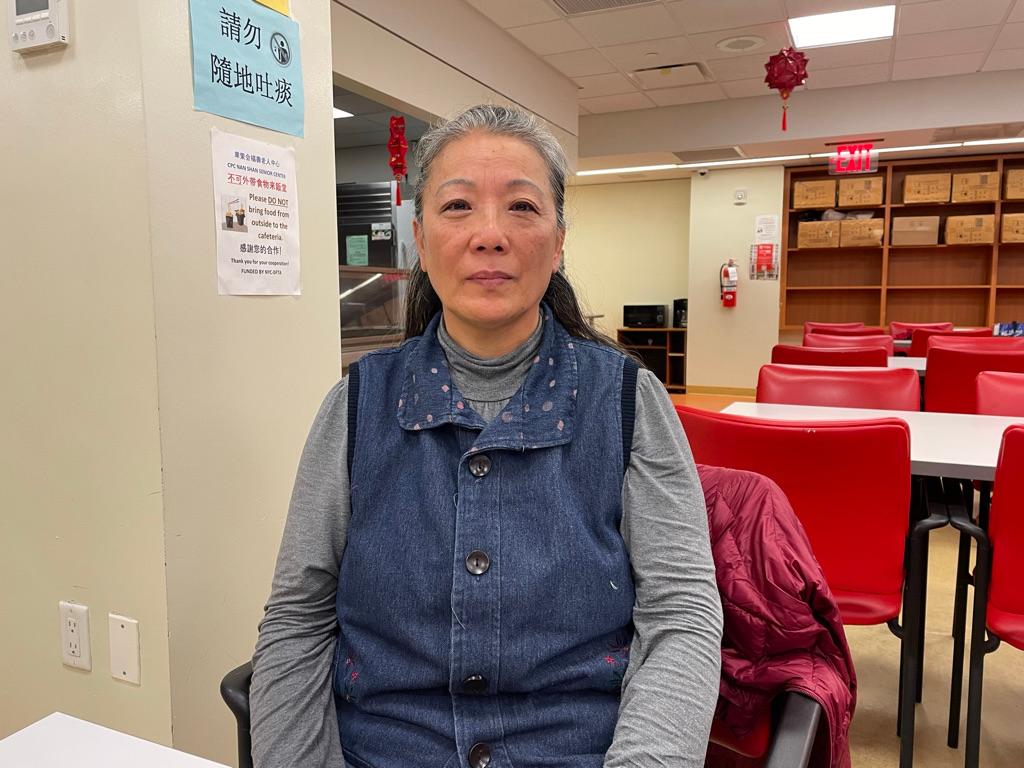
“There’s not enough restroom space, there’s not enough refrigerator space, it causes all kinds of quarrels and fights among the tenants,” he said.
Du Zhiying, 64, is a member of Nan Shan. She came to the US from China 10 years ago and holds a permanent resident card.
Du, who works as a home health aide, shares a one-bedroom apartment with another woman. Du sleeps in the living room.
After she pays $650 a month for her half of the rent, Du said through an interpreter, she has just $350 left over to spend on food and other needs. To make ends meet, she said, she has started picking up discarded cans on the street for extra cash.
Cheng said that in addition to poverty, there are cultural reasons why Chinese older adults struggle to find housing: Asian landlords are often reluctant to rent to them.
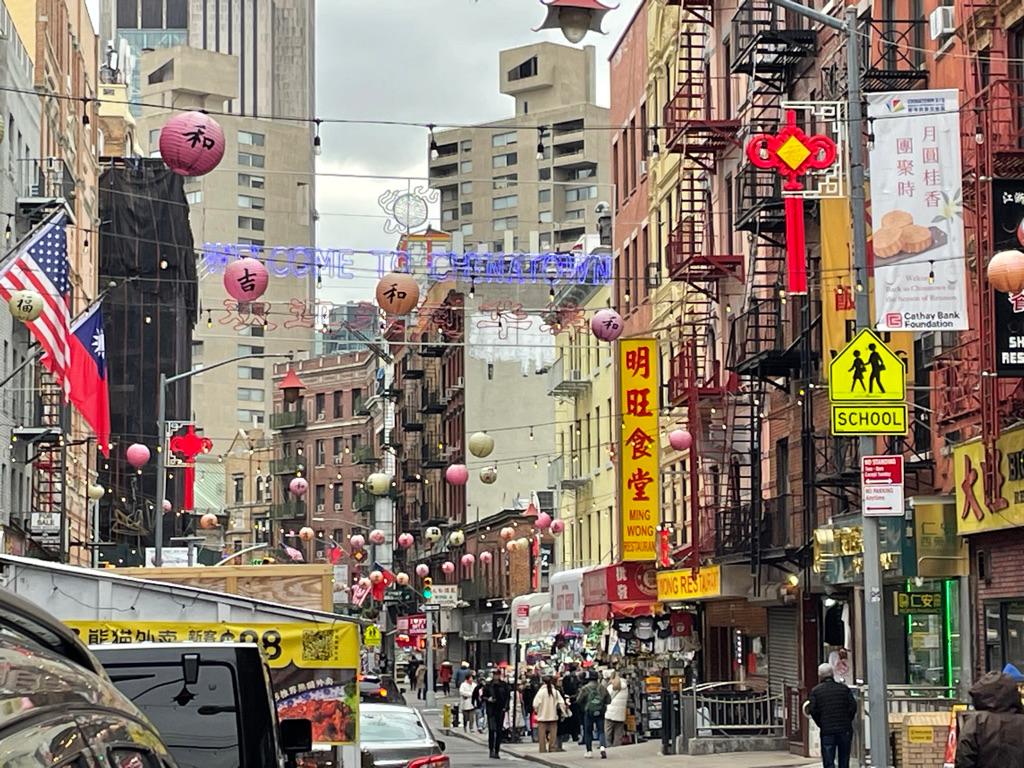
“Because they don’t want them to get ill,” he said. “And if the person passes away in the house, that’s going to cause the property value to plummet.”
He said a death on the premises is considered bad luck, and few will want to live in a place where they believe a restless ghost may be hanging around. So, some landlords hedge their bets and rent only to younger people.
One neighborhood where many older Chinese are settling is just a subway ride from Chinatown, but a world away from Chinese culture and beliefs: East Harlem, which has been a largely Latino neighborhood for decades.
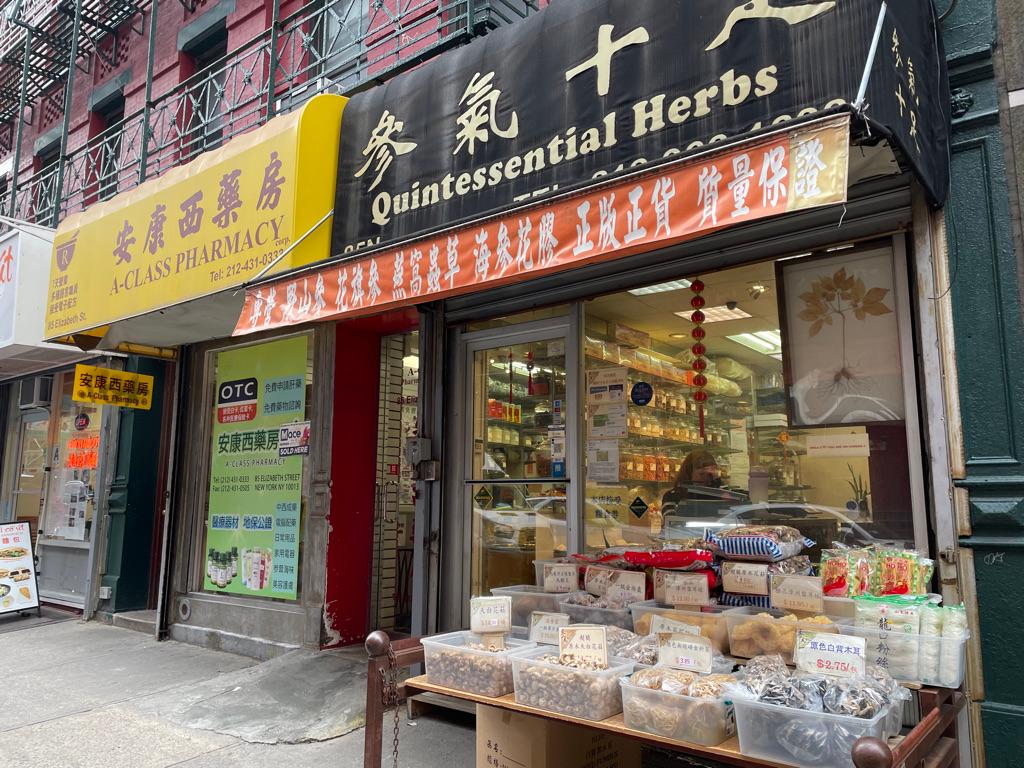
Luz Carty directs older adult services at Union Settlement, a local nonprofit.
She said the newcomers are here for good reason: There’s a lot more affordable housing here than in other parts of the city, including public housing.
Carty said her organization is hustling to serve this new population — they have a monthly food pantry serving Asian meals, plus tai chi classes. One of their most-popular offerings, she said, was a self-defense class in the wake of anti-Asian hate crimes that began during the COVID-19 pandemic.
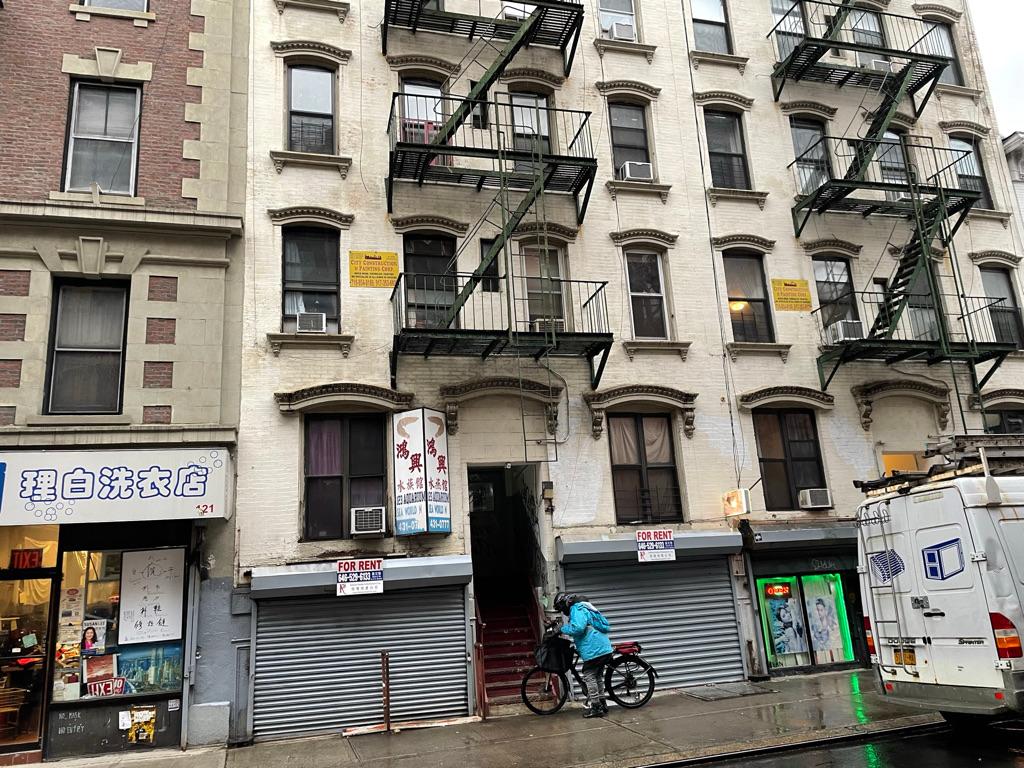
She said there’s more to do to help these older adults feel comfortable in East Harlem. But she added that they are gradually setting in to the area, including at the senior centers.
“We actually have one Asian American woman who comes every day to play pool with the men and … she doesn’t speak their language, and they don’t speak her language, but she still plays pool with them,” Carty said.
For that woman and others like her, this neighborhood is home.
This story was produced with help from Columbia University’s Age Boom Academy.
We want to hear your feedback so we can keep improving our website, theworld.org. Please fill out this quick survey and let us know your thoughts (your answers will be anonymous). Thanks for your time!
